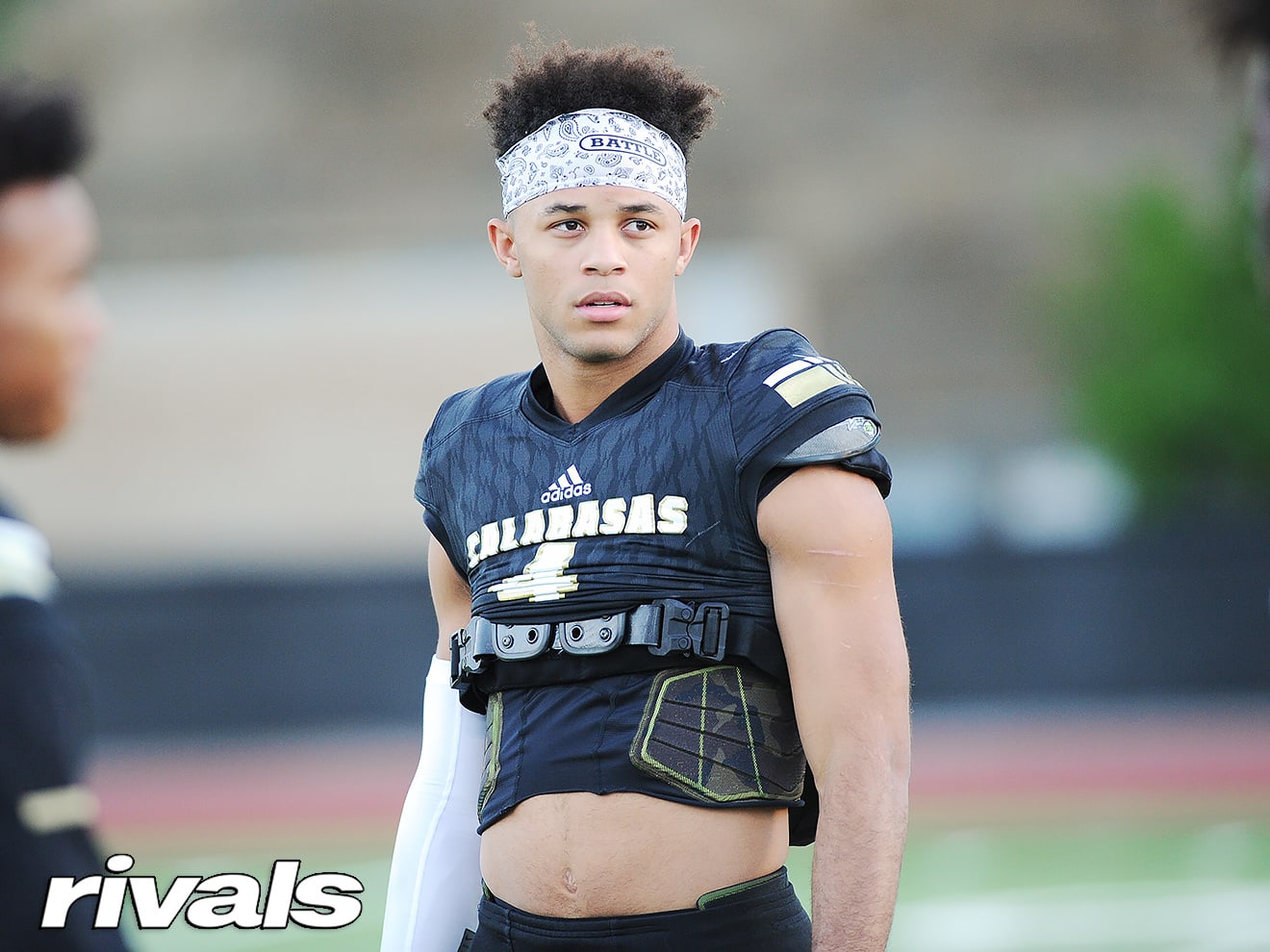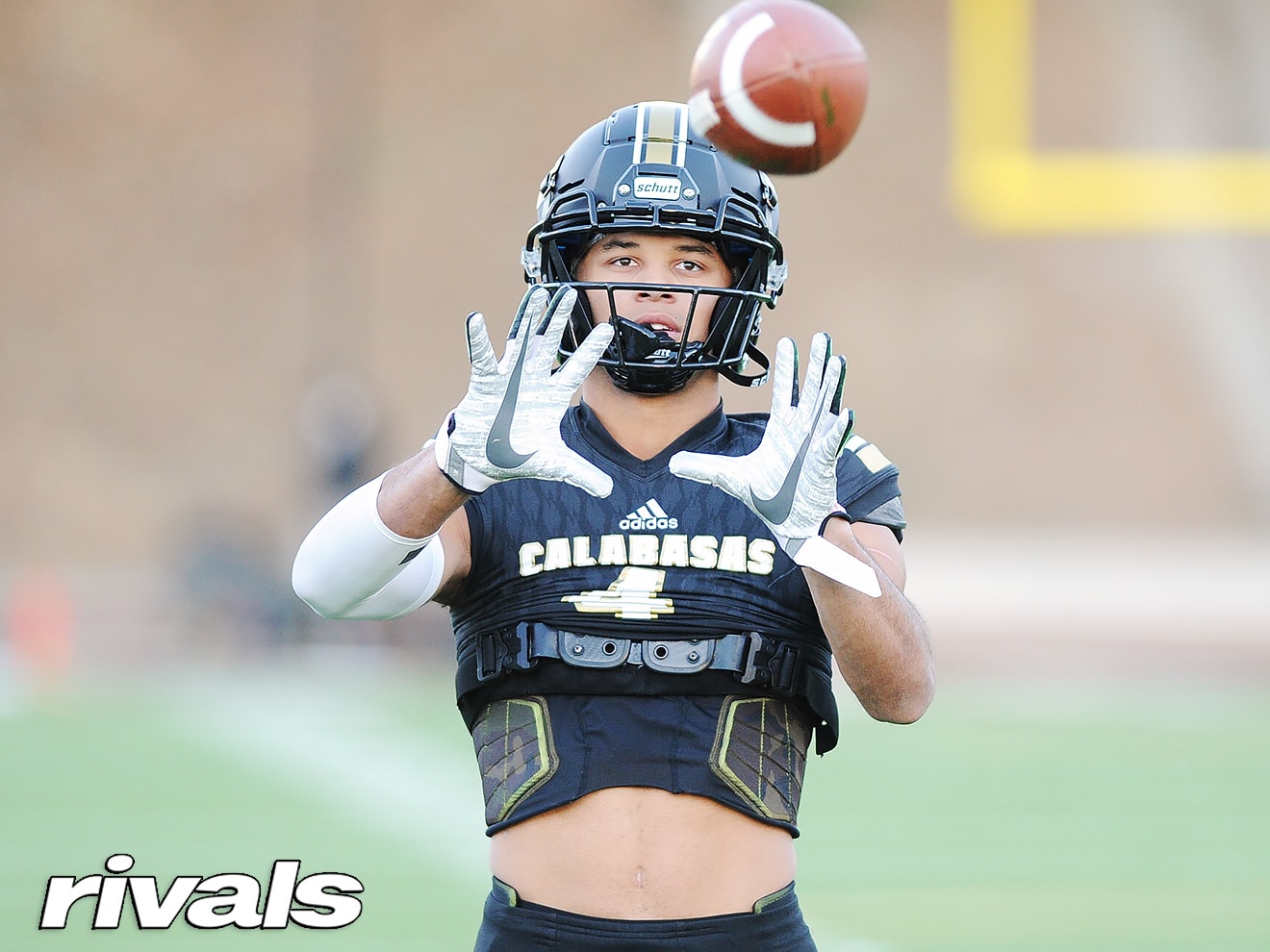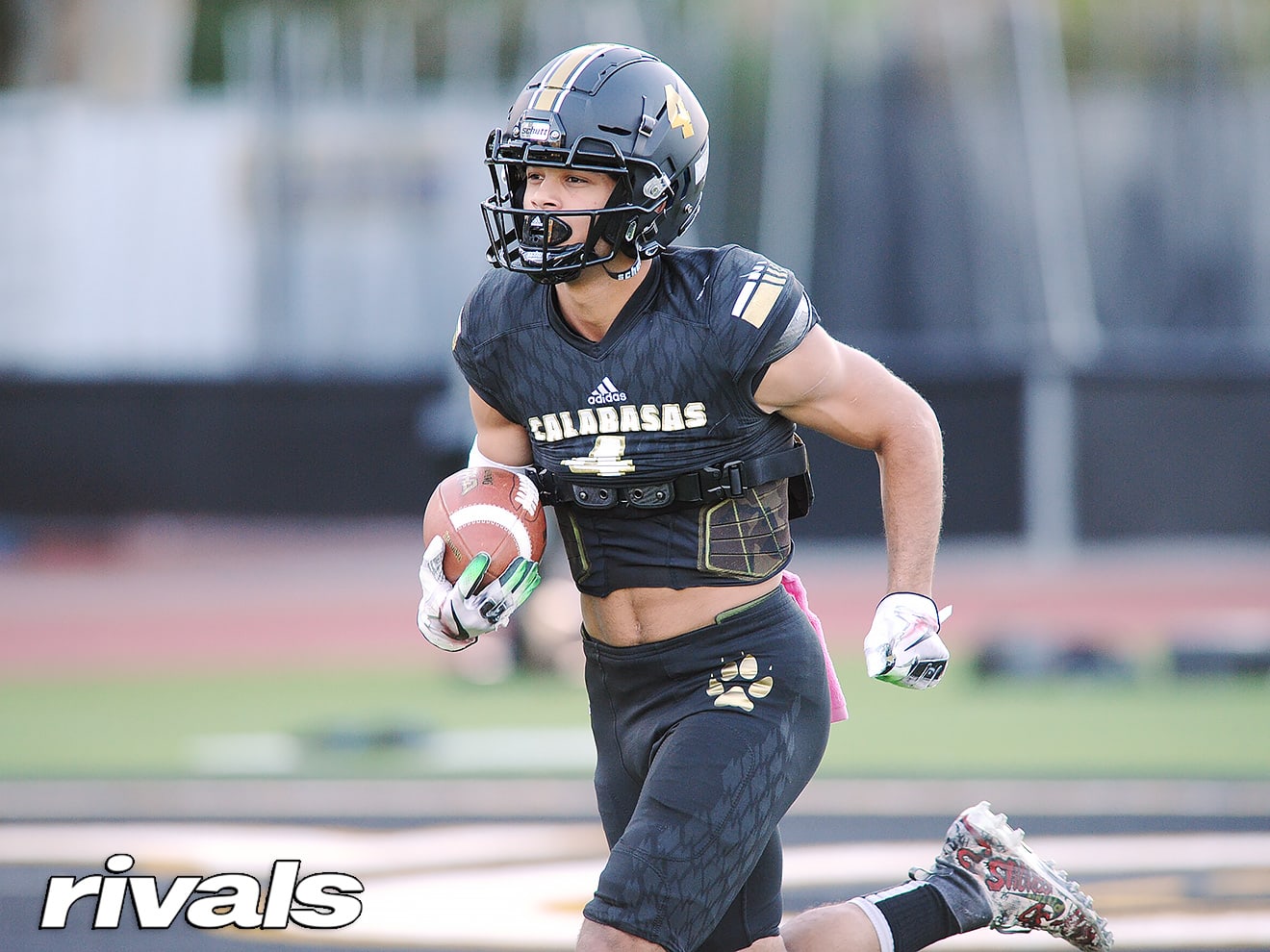Mycah's Unjust Fate: Unpacking A Game Of Thrones Tragedy
When the name "Mycah Pittman" comes up, many might immediately think of a talented athlete, a figure in the world of sports. However, today, we delve into a different story, one woven into the intricate tapestry of Westeros – the tragic tale of Mycah, the Butcher's Boy, from George R.R. Martin's epic saga, *A Song of Ice and Fire*, and its acclaimed television adaptation, *Game of Thrones*. This seemingly minor character plays a surprisingly pivotal role, his brief life and brutal end serving as a catalyst for major character arcs and a stark illustration of the cruel realities of power in a world without mercy. His story, though short, is a powerful narrative thread that highlights themes of injustice, class disparity, and the devastating consequences of unchecked privilege, resonating deeply with readers and viewers long after his untimely demise. It’s a story that encapsulates the very essence of the show's dark and unforgiving nature, leaving an indelible mark on the audience and shaping the destinies of key protagonists.
The fate of Mycah is not just a footnote; it's a foundational moment that fuels the vengeance of a beloved character and exposes the true nature of others. His death is not a random act but a calculated display of power, a horrific example of how the innocent can be crushed under the heel of the mighty. Understanding Mycah's story is crucial to appreciating the complex motivations and moral dilemmas faced by characters like Arya Stark and Sandor Clegane, making his brief appearance one of the most impactful in the entire series. It forces us to confront the uncomfortable truths about power, justice, and the thin line between right and wrong in a world where such distinctions are often blurred.
Table of Contents
- Who Was Mycah? A Character Profile
- The Fateful Encounter: Joffrey, Arya, and the Spark of Conflict
- Mycah's "Crime": A Humiliation, Not a Felony
- The Hound's Dark Task: Execution of the Innocent
- The Ripple Effect: Mycah's Death and Arya's Vengeance
- A Symbol of Injustice: Mycah's Enduring Legacy
- Beyond the Books: Mycah's Portrayal in the TV Series
- The Broader Implications: Power, Privilege, and Cruelty in Westeros
Who Was Mycah? A Character Profile
Before delving into the tragic events surrounding him, it's important to understand who Mycah was within the context of *Game of Thrones*. He was not a lord, a knight, or a noble; he was a commoner, a simple butcher's boy, whose life was ordinary until it intersected with royalty. His existence, though fleeting, serves as a poignant reminder of the vulnerability of the common folk in a world ruled by powerful and often capricious individuals.
The Butcher's Boy: A Simple Life Interrupted
Mycah was introduced as a friend and playmate of Arya Stark. Their bond was based on shared innocence and a love for adventure, far removed from the political machinations of the adult world. He represented a slice of normalcy and childhood joy that Arya, despite her noble birth, craved. His simplicity and lack of ambition made him an easy target for those who reveled in their power. His story is a classic example of a "wrong place, wrong time" scenario, where an innocent bystand becomes a victim of circumstances beyond his control.
While Mycah Pittman might be a name associated with real-world achievements, this Mycah's legacy is one of profound injustice. Here's a brief character profile:
| Attribute | Details |
|---|---|
| Character Name | Mycah (The Butcher's Boy) |
| Affiliation | Commoner, apprentice to a butcher |
| First Appearance | *A Game of Thrones* (Book 1) / "The Kingsroad" (TV Episode 2) |
| Fate | Killed by Sandor Clegane (The Hound) under Joffrey Baratheon's orders |
| Key Relationships | Friend of Arya Stark; Victim of Joffrey Baratheon; Target of Sandor Clegane |
| Significance | Catalyst for Arya's journey of vengeance; illustrates Joffrey's cruelty and the Hound's moral conflict. |
The Fateful Encounter: Joffrey, Arya, and the Spark of Conflict
The tragic chain of events that led to Mycah's death began innocently enough. Arya, always the tomboy, was practicing sword fighting with Mycah using sticks. This was a simple, harmless game, a moment of childhood freedom for both of them. However, their innocent play was about to collide with the entitled and sadistic nature of Prince Joffrey Baratheon, setting off a chain reaction that would echo throughout the series.
A Training Session Gone Awry
As the "Data Kalimat" states, "Arya and Mycah are training with sticks when they run into Joff and Sansa." This encounter quickly escalated. Joffrey, witnessing Arya's "unladylike" behavior and her play with a commoner, felt his authority challenged. He demanded that Mycah duel him with real swords, a terrifying proposition for a young, unarmed boy. Mycah, understandably terrified, was not going to engage in such a deadly game. Joffrey, enraged by Mycah's perceived defiance and Arya's intervention, began to bully and threaten Mycah. Arya, fiercely loyal and protective of her friend, intervened, striking Joffrey with her stick. This act of defiance, though brave, sealed Mycah's fate.
The "Data Kalimat" highlights this moment: "Arya swung at the prince again, but this time Joffrey caught the blow on Lion’s Tooth and sent her broken stick." This scuffle, a childish squabble between nobles and a commoner, quickly transformed into a matter of honor and punishment in the eyes of the royal party, particularly Joffrey. Mycah, in his fear, "ran for the trees as fast as his legs would take him," a natural reaction to a terrifying situation, but one that Joffrey would twist into an act of cowardice and rebellion.
Mycah's "Crime": A Humiliation, Not a Felony
The central injustice of Mycah's story lies in the nature of his alleged "crime." As the provided "Data Kalimat" explicitly states, "Mycah’s real ‘crime’ was seeing Joffrey humiliated." This is a crucial point. Mycah committed no actual offense worthy of punishment, let alone death. He was merely present when Joffrey, the Crown Prince, was publicly embarrassed by a girl younger than himself. In Joffrey's twisted mind, Mycah's mere existence as a witness to his humiliation was an affront that demanded retribution. This highlights the arbitrary and brutal nature of power in Westeros, where a prince's wounded ego could lead to a child's execution.
The "crime was bs, and the perp was a child, but" – this concise phrase from the "Data Kalimat" perfectly encapsulates the absurdity and cruelty of the situation. Mycah was "wanted for a crime for which he would likely be executed, and Sandor was charged with apprehending him." The "crime" was a fabrication, a pretext for Joffrey to assert his dominance and exact revenge for a perceived slight. This incident immediately establishes Joffrey as a truly malevolent character, one who delights in cruelty and holds no regard for human life, especially that of commoners. It also sets the stage for the moral complexities that Sandor Clegane, the Hound, would grapple with throughout his arc.
The Hound's Dark Task: Execution of the Innocent
Following the incident, Joffrey, with the backing of Queen Cersei, demanded that Mycah be hunted down and killed. The grim task fell to Sandor Clegane, known as "The Hound," Joffrey's personal bodyguard. This moment is critical for understanding the Hound's character and his later development.
Sandor Clegane's Role and Regret
The "Data Kalimat" reveals: "Way back in the day, which was on a Wednesday, the Hound was sent out to kill the butcher's boy for a crime that he didn't commit." This act, committed under duress and duty, clearly weighed on the Hound. While he was a fearsome warrior known for his brutality, his actions were often dictated by his loyalty to the Lannisters, albeit a reluctant one. The killing of Mycah, an innocent child, was a particularly heinous act that even the hardened Hound seemed to find disturbing.
"The Mycah thing was pretty bad admittedly," the data states, reflecting the general sentiment that this was an egregious act. More importantly, it notes: "But I get the sense the Hound regretted/felt badly about it." This regret is a crucial element of Sandor's character. Unlike Joffrey, who revels in cruelty, the Hound carries the burden of his actions. "When Arya brings it up to him at one point, he tells her that if he..." This incomplete sentence in the data hints at the Hound's internal struggle and his attempts to justify or explain his actions to Arya, knowing full well the pain he inflicted upon her and the injustice he perpetrated. His later interactions with Arya, where she continually reminds him of Mycah, serve as a constant reminder of his past and contribute to his slow, arduous path towards a semblance of redemption.
The Ripple Effect: Mycah's Death and Arya's Vengeance
Mycah's death, though seemingly a minor event in the grand scheme of Westerosi politics, had profound and lasting consequences, particularly for Arya Stark. It was the first true injustice she witnessed up close, a stark lesson in the arbitrary cruelty of power. This event became a pivotal moment in her character development, shaping her into the vengeful, justice-seeking assassin she would become.
The "Data Kalimat" emphasizes the shared knowledge of the truth: "We as readers know the truth, Arya as eye witness knows it too, Sansa has still known it at least in the evening of the same day, Ned has heard it from both his daughters, but." This collective awareness of Joffrey's lie and Mycah's innocence underscores the injustice. Arya, as the direct eyewitness and friend, was deeply traumatized and enraged. Mycah's death became the first name on her infamous "kill list," a list that would define her journey throughout the series. Every act of vengeance she undertook, every lesson she learned in the art of killing, was, in part, fueled by the memory of Mycah and the injustice he suffered.
His fate solidified Arya's hatred for Joffrey and, initially, for the Hound. It set her on a path of self-reliance and a relentless pursuit of justice, albeit a brutal one. The memory of Mycah, the innocent boy murdered for a non-existent crime, served as a constant reminder of the darkness she sought to combat in the world. Even years later, when she encounters the Hound again, the memory of Mycah is a raw wound between them, a testament to the enduring impact of this early tragedy. This is a crucial distinction for Mycah Pittman (the character), as his impact far exceeds his screen time.
A Symbol of Injustice: Mycah's Enduring Legacy
Beyond his direct impact on Arya, Mycah's story serves as a powerful symbol within the *Game of Thrones* narrative. He represents the countless innocent lives crushed under the heel of the powerful, the disposable nature of commoners in a world where noble lives are valued above all else. His death is a microcosm of the larger injustices prevalent in Westeros.
Mycah's story highlights the theme of privilege and its corrupting influence. Joffrey, born into power, believes himself above all laws and morality. His actions against Mycah are not just cruel; they are a chilling demonstration of how unchecked power can manifest in sadistic ways. The lack of accountability for Joffrey's actions further emphasizes the broken justice system of Westeros, where the powerful can act with impunity.
His fate also underscores the moral ambiguity of characters like the Hound. While the Hound committed the act, his internal conflict and eventual regret suggest a glimmer of humanity beneath his hardened exterior. Mycah's death, therefore, is not just about the victim but also about its perpetrators and witnesses, forcing them to confront their own moral compasses. It’s a foundational event that allows for the exploration of themes like free will versus destiny, as suggested by the "Data Kalimat": "I do think he has free will, yes, He’s certainly not supposed to go against the status quo, but going against it is how things." This applies to the Hound, whose later actions increasingly go against the "status quo" of blind obedience, partly influenced by the lingering guilt of Mycah's death.
Beyond the Books: Mycah's Portrayal in the TV Series
The television adaptation of *Game of Thrones* faithfully depicted Mycah's story, recognizing its importance to the overarching narrative and character development. While the show sometimes diverged from the books, Mycah's encounter with Joffrey and his subsequent death remained largely consistent with George R.R. Martin's original vision. The visual portrayal of the young boy's terror and Arya's fierce protectiveness brought an even greater emotional weight to the scene, solidifying its impact on viewers.
The scene where Sandor Clegane returns with Mycah's body, or at least the news of his death, is particularly haunting in the series. It effectively conveys the brutality of the act and the cold efficiency of the Hound. The visual medium amplified the emotional stakes, making Mycah's brief appearance unforgettable. The show's portrayal helped to cement Mycah as a symbol of the innocent victims caught in the crossfire of the powerful, ensuring that his story resonated with a global audience. The consistency between the book and TV series regarding this event, as mentioned in the "Data Kalimat" ("Now, in both the book and the TV series, I think."), highlights its fundamental importance to the narrative's core themes.
The Broader Implications: Power, Privilege, and Cruelty in Westeros
Mycah's story, though focused on a single, minor character, serves as a powerful lens through which to view the broader themes of *Game of Thrones*. It's a stark reminder that in Westeros, justice is a luxury afforded only to the powerful, and even then, it's often a twisted version of true justice.
His death is an early and brutal demonstration of Joffrey's true nature, foreshadowing the monstrous king he would become. It immediately establishes him as a primary antagonist, a character driven by sadism and a complete disregard for human life. For Ned Stark, Mycah's death is another blow to his idealism, further exposing the corruption and moral decay at the heart of King's Landing. He hears the truth from both his daughters, as the "Data Kalimat" notes, yet is powerless to bring true justice for the boy.
Moreover, Mycah's fate is a chilling example of the class system in Westeros. A commoner's life is deemed expendable, their rights non-existent when confronted by the whims of the nobility. This stark reality is a recurring motif throughout the series, highlighting the struggles of the smallfolk and the inherent unfairness of the feudal system. The tragic end of Mycah, the butcher's boy, is not an isolated incident but a foundational piece of the narrative, illustrating the pervasive cruelty and injustice that defines the world of *Game of Thrones*. It's a story that continues to resonate, reminding us of the fragility of innocence in the face of absolute power.
Conclusion
While the name "Mycah Pittman" might lead some to expect a different narrative, the story of Mycah, the Butcher's Boy, from *Game of Thrones*, is undeniably one of the most impactful and tragic in the series. His brief existence and brutal demise serve as a critical turning point for several key characters, most notably Arya Stark and Sandor Clegane. Mycah's "crime" was merely witnessing a prince's humiliation, yet it cost him his life, exposing the arbitrary cruelty and unchecked power that defined the world of Westeros.
His story is a powerful symbol of injustice, highlighting the vulnerability of the innocent and the corrupting influence of privilege. It fuels Arya's relentless pursuit of vengeance and contributes to the Hound's complex moral arc, revealing a glimmer of humanity beneath his hardened exterior. The legacy of Mycah, the Butcher's Boy, endures not through grand deeds, but through the profound ripple effect of his unjust death, a poignant reminder of the high cost of life in a world ruled by dragons and despots.
What are your thoughts on Mycah's pivotal role in *Game of Thrones*? Did his death impact your view of Joffrey or the Hound? Share your insights in the comments below, and don't forget to explore other character analyses and lore discussions on our site!

Mycah Pittman SENIOR Wide Receiver Utah

Mycah Pittman SENIOR Wide Receiver Utah

Mycah Pittman SENIOR Wide Receiver Utah